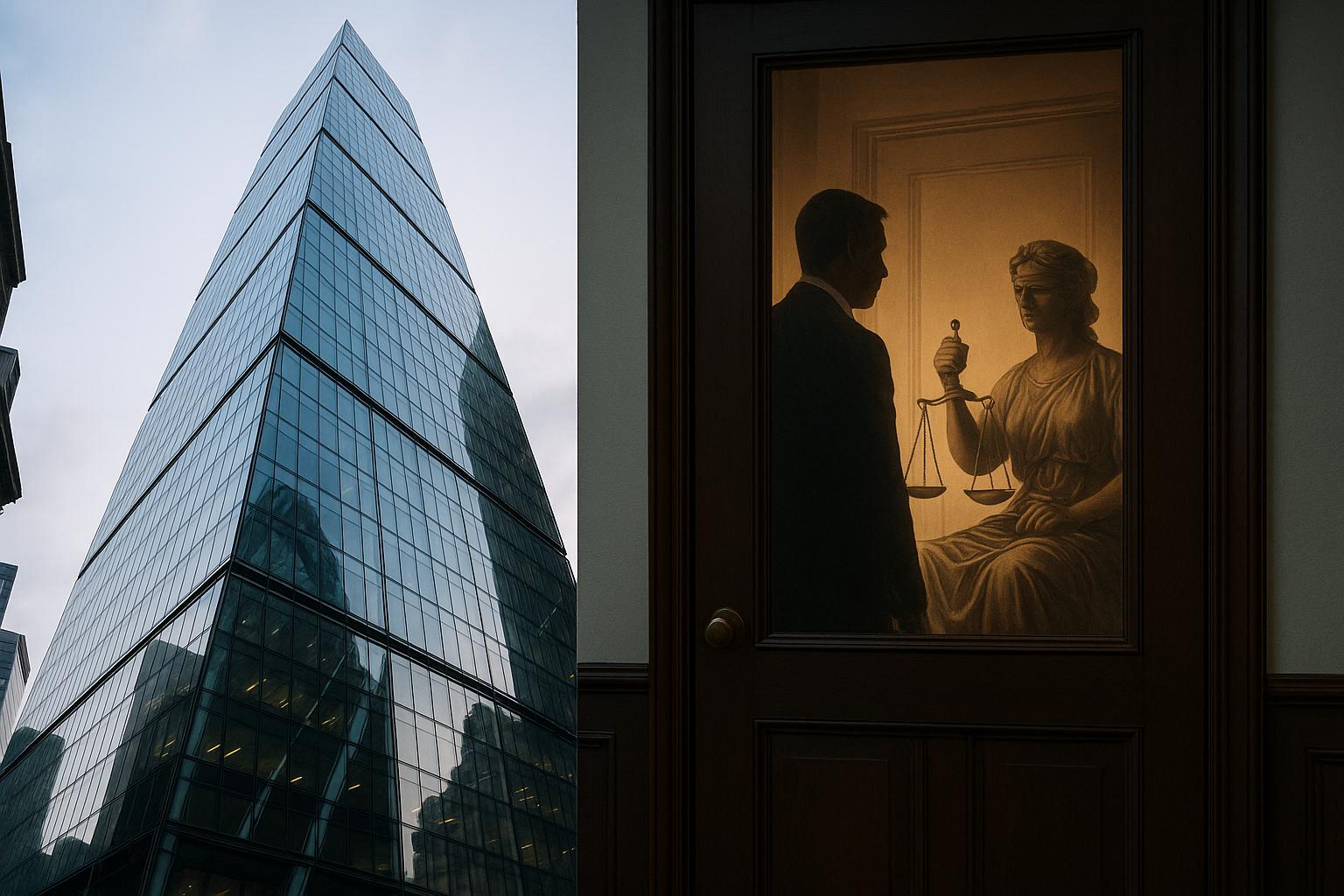Morrison Foerster (MoFo), a prominent US law firm with a London office, has agreed to pay £25,000 in damages and legal costs following a discrimination claim brought by the Good Law Project (GLP) on behalf of a trans man. The claim arose after MoFo initially agreed to represent the man in a matter asserting his transgender rights but subsequently declined, citing the "potentially controversial nature of issues raised by the litigation." Although MoFo settled the claim without admitting liability, the agreement included a financial award of £5,000 to the trans man, with the remainder allocated to the GLP. The GLP stated that it will donate £5,000 each to several trans advocacy groups, including Trans+ Solidarity Alliance, Equality for Trans Families, Trans Legal Clinic, and the Gender Identity Research & Education Society. Legal representation for the claimant was provided by the London firm Brett Wilson.
The case has brought to light concerns about the influence of broader political dynamics on the actions of law firms, particularly the anti-diversity, equity, and inclusion (DEI) agenda attributed to the administration of former US President Donald Trump. GLP’s letter before action expressed fears that pressure linked to this agenda may have unlawfully influenced solicitors in the UK to act in a discriminatory way that promotes transphobia. In correspondence, MoFo had admitted that the potentially controversial nature of the issues was among the reasons for its decision not to proceed, though it denied that the decision was "tainted by discrimination" or politically motivated. When pressed for clarification, MoFo’s solicitors declined to provide further explanation.
This settlement unfolds against a backdrop of increased scrutiny of DEI policies by US regulatory authorities. In March, the US Equal Employment Opportunity Commission (EEOC) requested extensive information from 20 major law firms, including MoFo, regarding their DEI programs. The EEOC, under Acting Chair Andrea Lucas, has warned that certain DEI initiatives might be unlawful if they result in disparate treatment based on race, sex, or other protected characteristics, signaling a shift in enforcement priorities that critics argue could undermine diversity efforts. The requested information from these firms encompassed hiring, compensation practices, and demographic data of employees participating in diversity initiatives. This crackdown has generated significant controversy, with three law students recently filing a lawsuit against the EEOC. They argue that the agency's actions exceed its legal authority and threaten the confidentiality of sensitive applicant data.
Moreover, the heightened pressure on law firms to disclose their DEI practices is not limited to federal authorities. Attorneys general from 12 Republican-led states, led by Texas Attorney General Ken Paxton, have also demanded information from the same group of law firms, focusing on areas such as hiring, internships, scholarships, and compensation. This coordinated scrutiny aims to challenge what these officials perceive as potential violations of federal anti-discrimination laws under the guise of diversity initiatives.
In summary, MoFo’s settlement in the discrimination case not only reflects the direct consequences for the firm in this particular instance but also highlights the larger context of a concerted political and regulatory pushback against DEI policies in the US legal sector. For UK law firms affiliated with US headquarters, the case underscores the complex tensions between upholding diversity commitments and navigating external pressures rooted in shifting US political landscapes.
📌 Reference Map:
- Paragraph 1 – [1], [2], [3]
- Paragraph 2 – [1], [2]
- Paragraph 3 – [1], [4], [6]
- Paragraph 4 – [5], [7]
Source: Noah Wire Services
